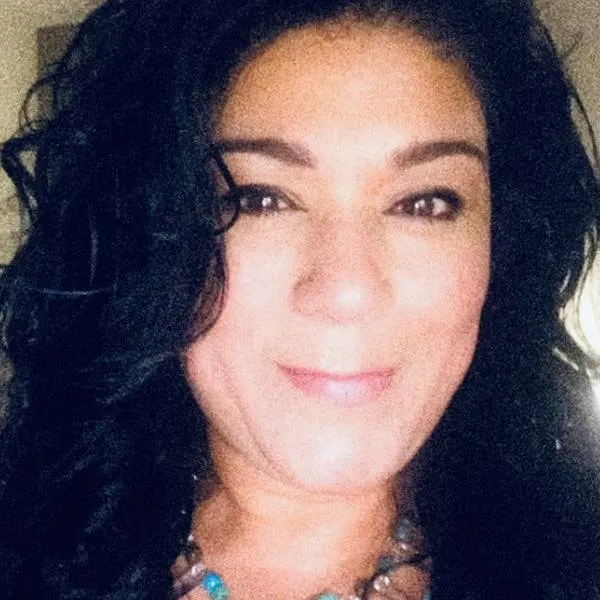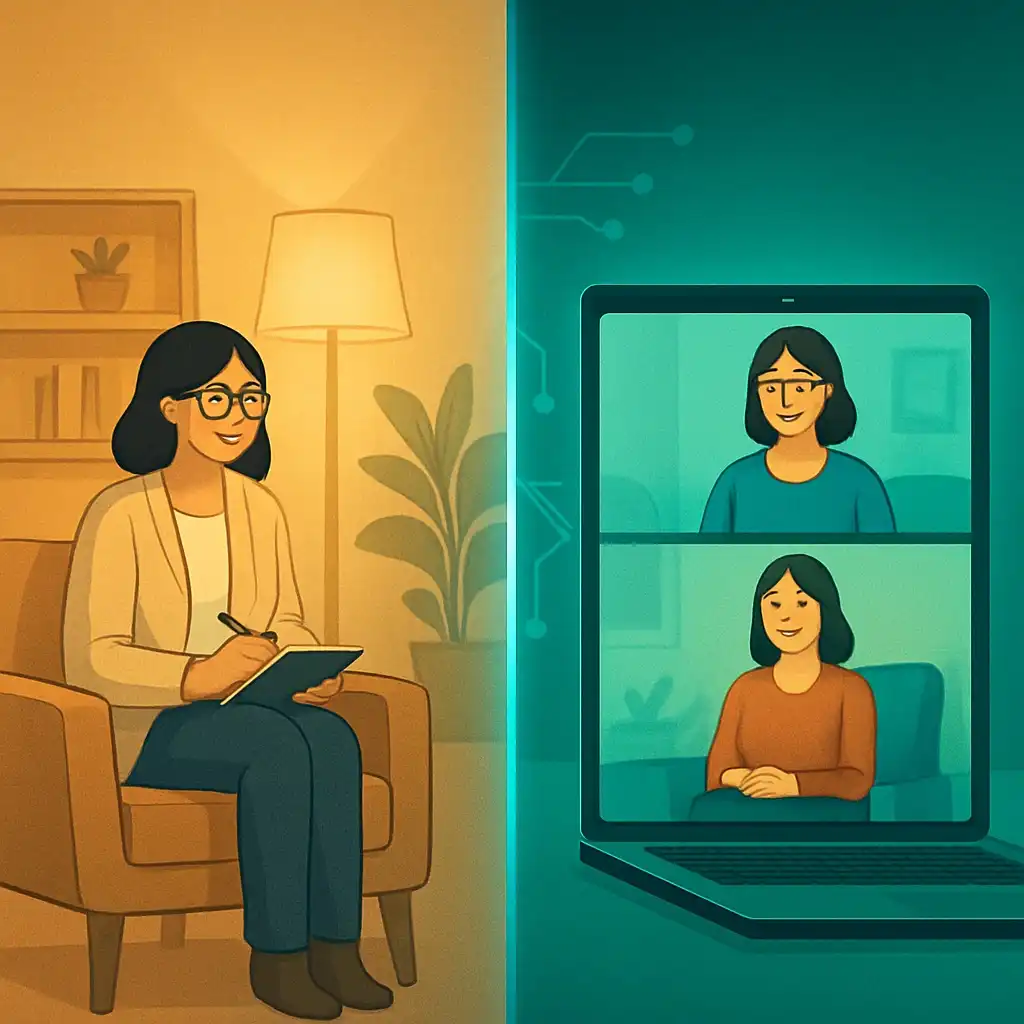
Understanding the Nature of Guilt
Guilt often arises from a sense of responsibility for something we perceive as wrong. It can stem from actions, inactions, or even thoughts. When these feelings become overwhelming, they can lead to feelings of inadequacy
The Impact of Guilt on Mental and Physical Health
Unresolved guilt can take a toll on our mental and physical well-being. It can contribute to feelings of anxiety, depression, and hopelessness. Many people experiencing guilt also develop passive behaviors
Guilt’s Effect on Relationships
Guilt can strain our relationships. It can lead to avoidance, defensiveness, and difficulty communicating openly. We might withdraw from loved ones or become overly critical of ourselves and others. Releasing guilt can pave the way for more honest and fulfilling connections. When we let go of guilt, we can be more present and authentic in our relationships.
Find A Therapist That Specializes In Guilt and Shame
Our compassionate therapists at Integrative Family Counseling understand the complexities of guilt and shame. We provide a safe and supportive space to explore the root of your guilt, develop healthy coping skills, and move towards self-compassion and healing.
Meet Some of Our Expert Therapists

Kenneth Miyake
My approach has always been what Carl Rogers called the power of the "therapeutic relationship", which includes: unconditional positive regard, compassion, genuineness, empathy, and congruency. We help to empower the client by encouraging them to find their own solutions, which always lie within them.
View Kenneth's Profile
Melissa Goosmann
I strive to create an accepting environment for my clients while providing the skills needed to achieve meaningful change. I believe in evidenced-based and collaborative work cultivated by a trusting therapeutic relationship.
View Melissa's Profile
Rocio Blas
I believe that every life matters and that each person's journey is unique, filled with moments of joy, challenges, and growth. My approach to therapy is holistic, somatic, and solution-focused, providing a safe, compassionate, and non-judgmental space where you can feel heard, valued, and empowered. I specialize in helping individuals navigate anxiety, stress, grief, identity struggles, divorce, and life transitions by fostering self-awareness, resilience, and healing.
View Rocio's Profile
Nedra Everett
I am a Licensed Clinical Social Worker with expertise working with diverse populations. My background encompasses a wide range of areas including trauma, crisis intervention, depression, anxiety, anger management, parent coaching, grief and bereavement and relationship interventions.
View Nedra's Profile
Sandra Villwock
My approach to therapy uses a variety of techniques and modalities to individualize treatment to each client's unique needs. Whether it's supportive therapy, mindfulness-based therapy or other forms of psychotherapy, I work collaboratively with each client to develop a plan that will help achieve his or her goals and be their best self.
View Sandra's ProfileSteps to Releasing Guilt
Letting go of guilt is a process that requires self-awareness and effort. Here are some steps you can take:
- Identify the source: What are you feeling guilty about? Be specific.
- Challenge your thoughts: Are your thoughts about the situation realistic and balanced? Often, we feel guilty reaching out
- Practice self-compassion: Treat yourself with the same kindness and understanding you would offer a friend.
- Make amends: If appropriate, apologize and take steps to rectify the situation.
- Focus on what you can control: You can’t change the past, but you can learn from it and make different choices in the future.
The Power of Self-Forgiveness
Self-forgiveness is a crucial part of letting go of guilt. It doesn’t mean condoning your actions, but rather accepting human imperfection. It’s about releasing yourself from the burden of the past and moving forward with self-compassion. Self-forgiveness can be challenging, but it’s essential for healing.
Seeking Professional Help for Guilt
If you’re struggling to let go of guilt on your own, consider seeking professional help. A therapist can provide a safe space to explore your feelings, identify the root of your guilt, and develop healthy coping mechanisms. Therapy can also help you learn to challenge negative thoughts and practice self-compassion. Integrative Family Counseling in Dupage County, IL, offers compassionate therapy for individuals and families dealing with guilt.
The Role of Acceptance in Overcoming Guilt
Acceptance plays a significant role in overcoming guilt. It involves acknowledging your mistakes without judgment and recognizing that you are human. Acceptance doesn’t mean giving up or excusing harmful behavior. Instead, it means acknowledging what happened, learning from it, and moving forward with self-compassion.
The Journey to Healing from Guilt
Healing from guilt is a journey, not a destination. It takes time, effort, and self-compassion. Be patient with yourself and celebrate small victories along the way. Remember that you are not alone, and support is available. Integrative Family Counseling is here to support you on your journey to healing.
Insurance Coverage Made Simple
We accept most major insurance plans and offer low self-pay rates to ensure quality care is accessible to everyone. Your well-being is our priority, and we're here to help regardless of your financial situation.
FAQ: Common Questions About Guilt
What is the difference between guilt and shame?
Is guilt always a negative emotion?
How can I tell if my guilt is unhealthy?
What are some practical strategies for letting go of guilt?
Can therapy help me with guilt?
How does guilt affect relationships?
Is it possible to completely eliminate guilt?
Where can I find support for dealing with guilt?
Related Articles

Inadequacy Leading to Loneliness: Finding Connection and Healing
Feeling inadequate can breed loneliness. We offer therapy for overcoming these challenges.

Online vs In-Person Therapy: Making the Right Choice
Therapy has evolved beyond the traditional office setting. Today, you can choose between meeting your therapist face-to-face or connecting through a screen. Both options offer unique benefits and challenges.

Why Do I Hate Being Called a Good Person? Self-Awareness and Acceptance
Explore the complex emotions behind disliking the "good person" label. Understand the pressures, expectations, and internal conflicts it can create.

I Can't Find People I Want to Be Friends With: Finding Your Tribe
Struggling to make friends? Integrative Family Counseling in Dupage County, IL can help. Find support and build meaningful connections.




